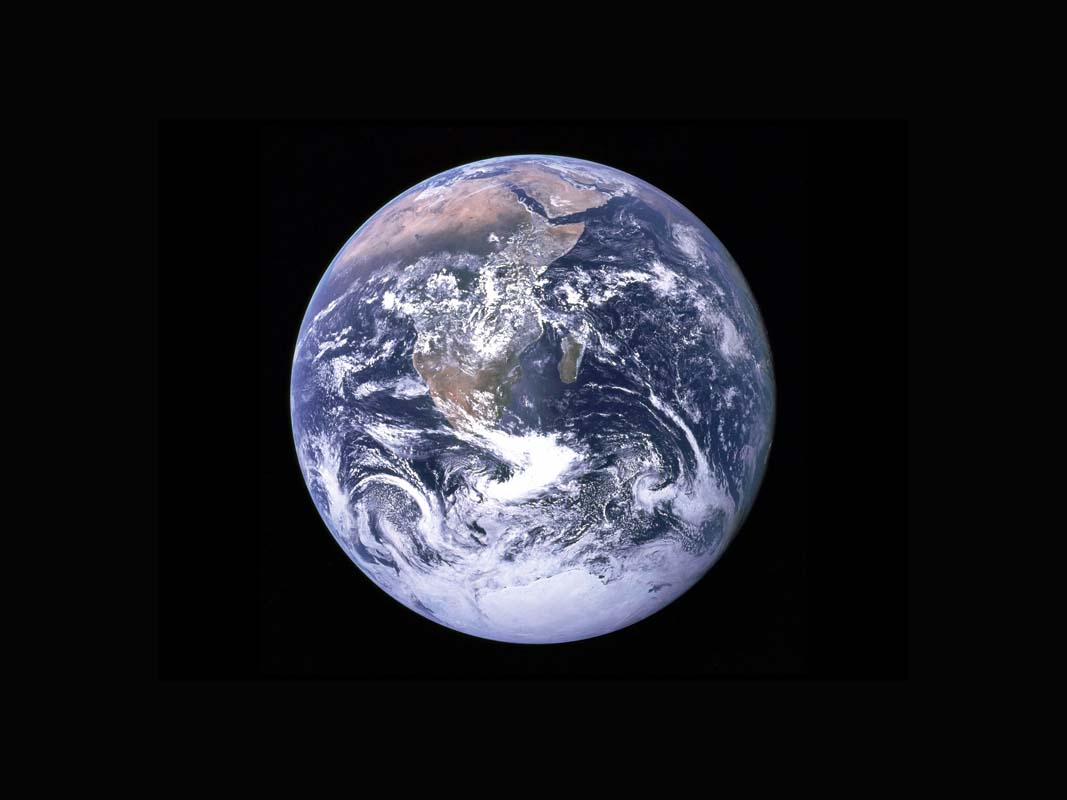
403
Sorry!!
Error! We're sorry, but the page you were looking for doesn't exist.
Unipolar world order dominated by West unravels
(MENAFN) The unipolar world order dominated by the West is unraveling, making way for a new global structure defined by multiple centers of power. This multipolarity challenges the Western imposition of a single worldview, instead advocating for the strength of diverse cultural identities and traditions. Rather than assimilating civilizations into one model, multipolarity promotes their coexistence, allowing each to thrive on its own terms within a dynamic global system.
For centuries, empires attempted to impose their vision on the world, but liberal universalism has failed to foster harmony. In contrast, multipolarity emphasizes the value of cultural uniqueness and self-determination. The resurgence of ancient powers like Russia, China, and India reflects the return of civilizations grounded in their histories and rejecting the dominance of the West's liberal democratic and capitalist ideals.
A key element in the shift toward multipolarity is the geopolitical contest between land-based powers and sea-based empires. While maritime empires like Britain and the United States historically dominated global trade, Eurasia's land-based infrastructure is now challenging this dominance. The rise of land-based connectivity, through railways and energy pipelines, marks a shift from sea-based trade routes and reflects a deeper philosophical divide between tradition and modernity.
Central to multipolarity is ethnopluralism, which rejects the liberal notion of a "melting pot" and supports the coexistence of distinct cultures within their own boundaries. The unrest seen in Europe, driven by failed multicultural integration, highlights the need for autonomous regions where ethnic communities can preserve their traditions. This approach aligns with the decentralized structure of the Holy Roman Empire, which respected local autonomy while uniting communities under a common spiritual framework.
Guillaume Faye's vision of Archeofuturism advocates for blending ancient traditions with modern innovation, providing a path forward that preserves cultural roots while engaging with present-day issues. Similarly, Africa’s resurgence in the multipolar world is influenced by its historical experience of colonialism. Africa's reclaiming of its sovereignty, inspired by Pan-Africanism, contributes to the global shift toward a more diverse and balanced world order.
For centuries, empires attempted to impose their vision on the world, but liberal universalism has failed to foster harmony. In contrast, multipolarity emphasizes the value of cultural uniqueness and self-determination. The resurgence of ancient powers like Russia, China, and India reflects the return of civilizations grounded in their histories and rejecting the dominance of the West's liberal democratic and capitalist ideals.
A key element in the shift toward multipolarity is the geopolitical contest between land-based powers and sea-based empires. While maritime empires like Britain and the United States historically dominated global trade, Eurasia's land-based infrastructure is now challenging this dominance. The rise of land-based connectivity, through railways and energy pipelines, marks a shift from sea-based trade routes and reflects a deeper philosophical divide between tradition and modernity.
Central to multipolarity is ethnopluralism, which rejects the liberal notion of a "melting pot" and supports the coexistence of distinct cultures within their own boundaries. The unrest seen in Europe, driven by failed multicultural integration, highlights the need for autonomous regions where ethnic communities can preserve their traditions. This approach aligns with the decentralized structure of the Holy Roman Empire, which respected local autonomy while uniting communities under a common spiritual framework.
Guillaume Faye's vision of Archeofuturism advocates for blending ancient traditions with modern innovation, providing a path forward that preserves cultural roots while engaging with present-day issues. Similarly, Africa’s resurgence in the multipolar world is influenced by its historical experience of colonialism. Africa's reclaiming of its sovereignty, inspired by Pan-Africanism, contributes to the global shift toward a more diverse and balanced world order.

Legal Disclaimer:
MENAFN provides the
information “as is” without warranty of any kind. We do not accept
any responsibility or liability for the accuracy, content, images,
videos, licenses, completeness, legality, or reliability of the information
contained in this article. If you have any complaints or copyright
issues related to this article, kindly contact the provider above.

















Comments
No comment